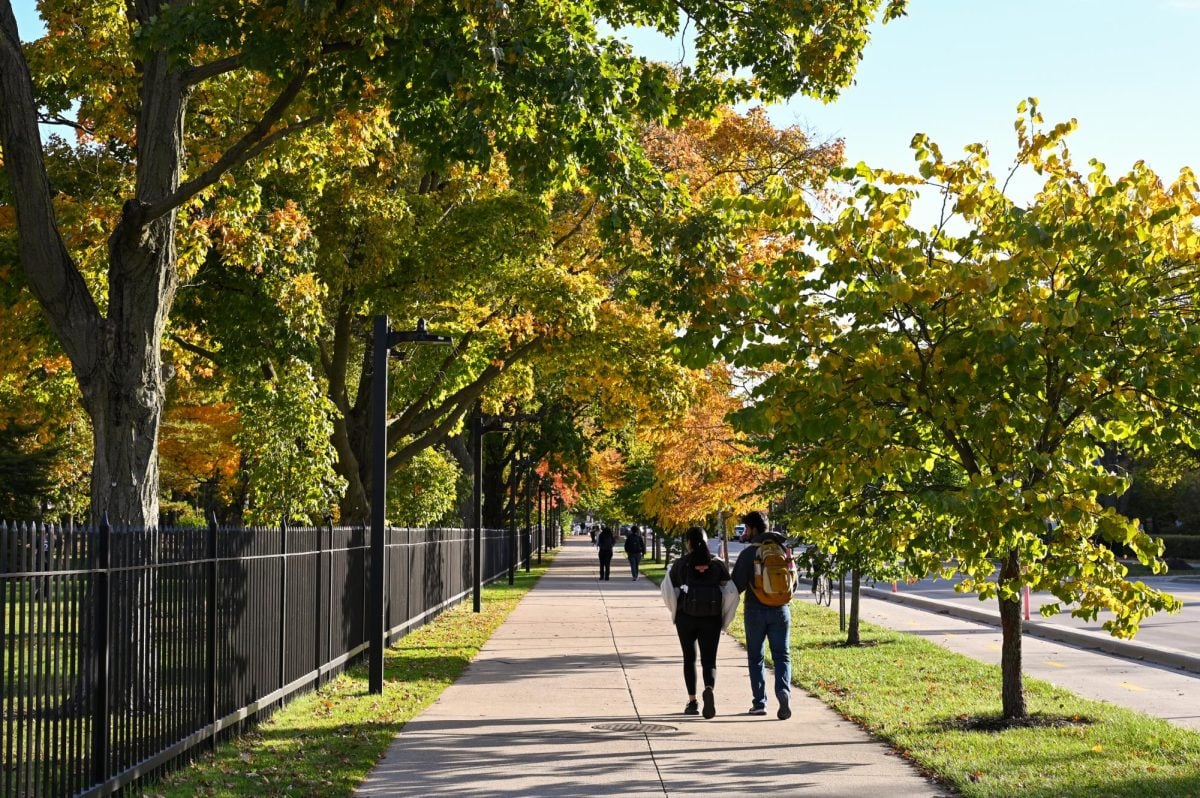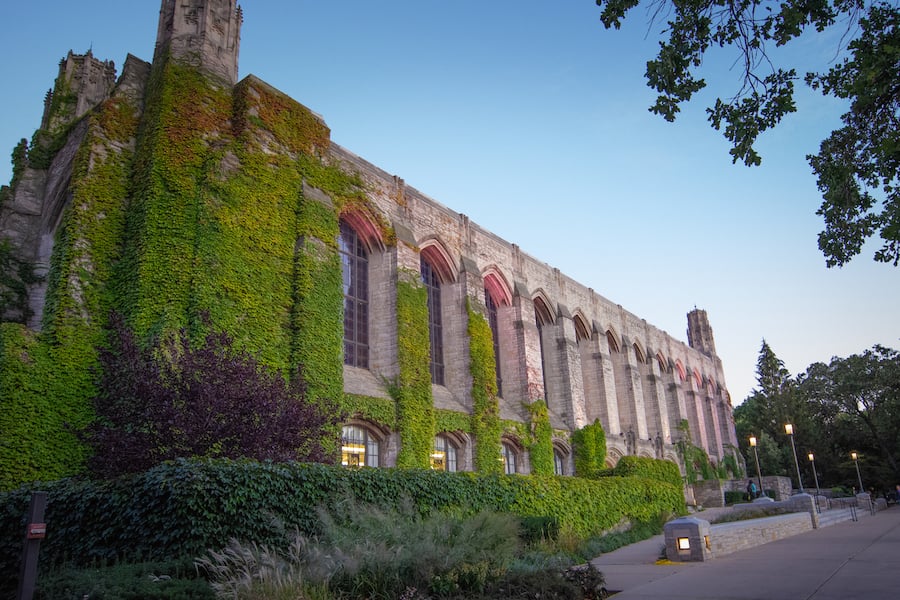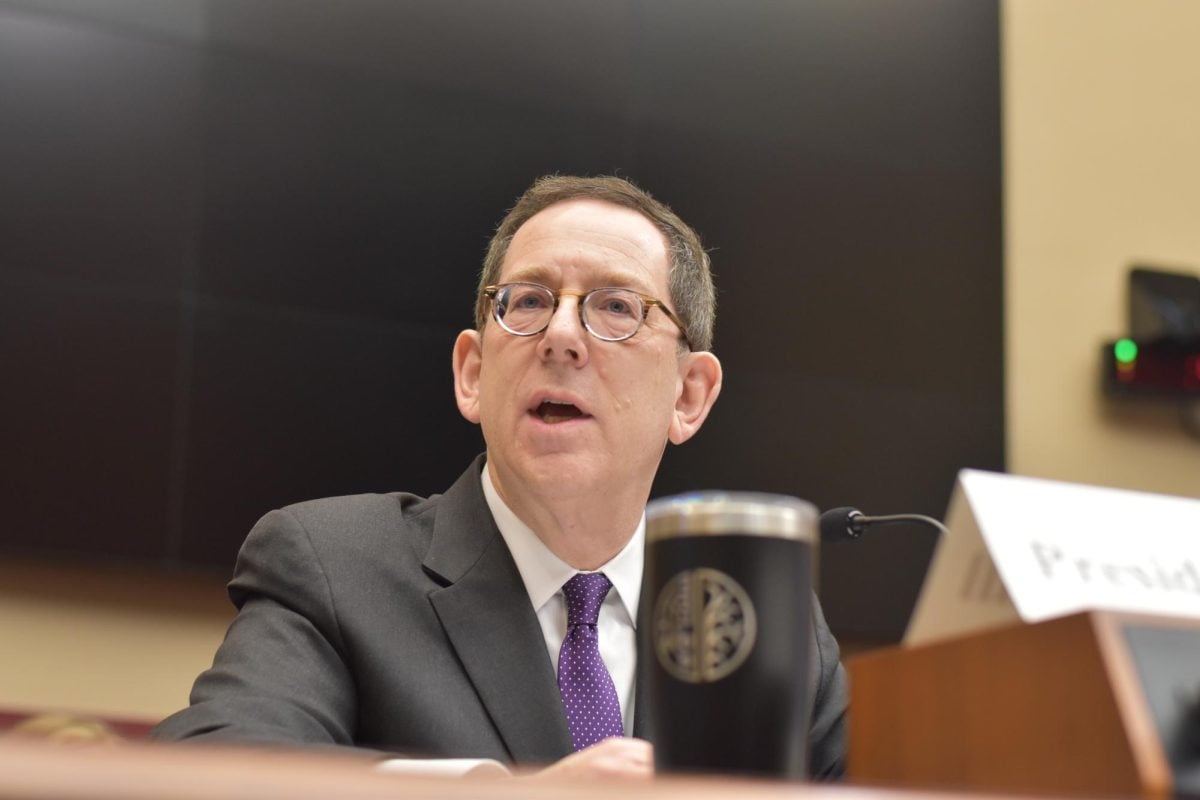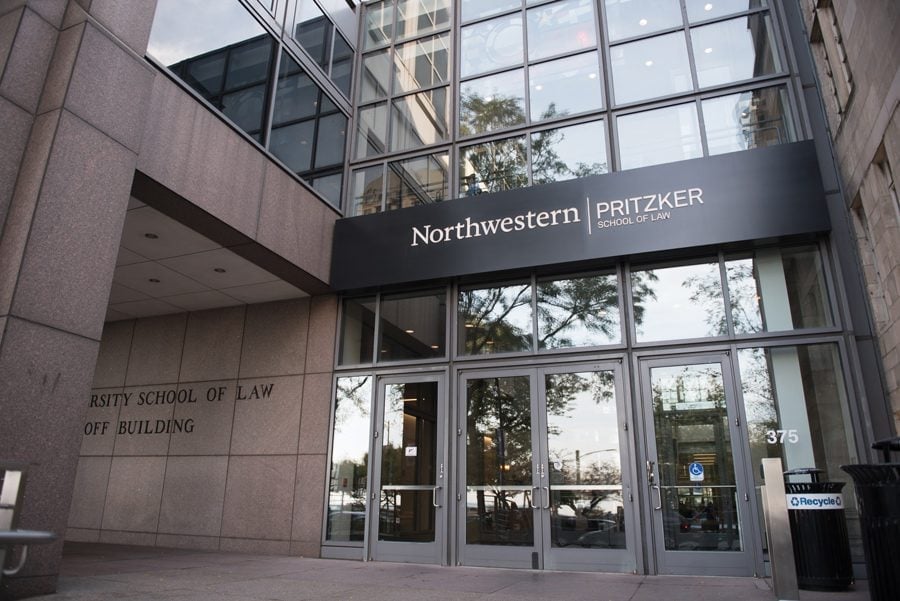After noticing a gap in the academic work on racial and disability justice at the Pritzker School of Law, Pritzker Prof. Jamelia Morgan set out to create a space to promote research on the intersection of racial and disability justice, she said.
That’s how Pritzker’s Center for Racial and Disability Justice was born. Opened in Fall Quarter 2022, the center aims to create a more equitable society for people of color and people with disabilities, according to Morgan, who serves as the center’s faculty director.
“It was very important to have (this center) because many of the most pressing issues of our day are issues that implicate the rights, the experiences, harms against people with disabilities, people of color and people at the intersection,” Morgan said.
Morgan said it’s important for law schools to think about how to best mitigate racism and ableism when considering new policies.
The ultimate goal of CRDJ is to prevent racism and ableism from impacting people on a daily basis, especially disabled people of color, she added.
“We have to be thinking about race and disability, and specifically the forms of racial and disability discrimination, to be able to respond to redress a number of social justice concerns more broadly,” Morgan said.
CRDJ aims to accomplish its mission by utilizing empirical research to analyze and address social issues relating to racial and disability justice, empower advocates with lived experiences and share writing to reframe the perception of racial and disability justice in the media, according to its website.
To reach a wider audience, CRDJ has hosted public events at Pritzker’s Chicago campus and online to educate people and foster dialogue about the racial disability justice issues that the organization stands for.
“We want to be a resource for the community to learn to get support and to importantly connect with others that are working on these issues,” Morgan said.
For CRDJ Executive Director Jordyn Jensen, her work at the center is centered around emphasizing a phrase popular within the disability community, “nothing about us without us,” she said.
Jensen said she draws from her experience as someone who has multiple disabilities.
“What I’ve realized through my personal advocacy and throughout my work is that people with disabilities often are left out of conversations, left out of policymaking and research that is about them,” Jensen said. “If they’re not at the table, their voices are not being heard.”
Work at CRDJ fits into four program areas — promoting equity and justice under the law, addressing ableism and discrimination in caregiving, challenging status and social mobility and imagining a sustainable future.
Morgan said most issues seen in the news today, from crime to housing to education, are related to issues of racial and disability discrimination, which the center hopes to unite communities around.
“I want people to know that the center can be a place for connecting them to communities and groups and organizations that are working on these issues,” Morgan said.
One unique aspect of the center is its emphasis on the intersection of research and policy, according to CDRJ Director of Research and Policy Kate Caldwell.
Caldwell said current research projects at the center include an initiative identifying laws that have a discriminatory effect on disabled people and a project building a tracker for policies relating to racial disability justice concerns.
“Policy decisions are being made, a lot of times, without necessarily being informed by what the research evidence actually tells you,” Caldwell said. “As a researcher, I really embrace research as a tool to have marginalized and disenfranchised peoples be heard. That’s really the power that research has.”
Morgan said CDRJ is working on more outreach efforts to accomplish more by recruiting a larger staff and strengthening our community partnerships.
This collaboration with other groups is crucial to progress towards achieving justice, Morgan said.
“No one’s going to be able to do this work alone. No single organization is going to lead to liberation,” she said. “We need to work in the community if we’re going to actually have a meaningful impact in the long term.”
Email: [email protected]
Twitter: @lmschroeder_
Related Stories:
— Disability justice activists demand more accessible emergency transportation in Chicago area
— SESP economist Michelle Yin receives $2.98 million grant for disability research
— Sami Schalk speaks on Black disability politics and the National Black Women’s Health Project


















